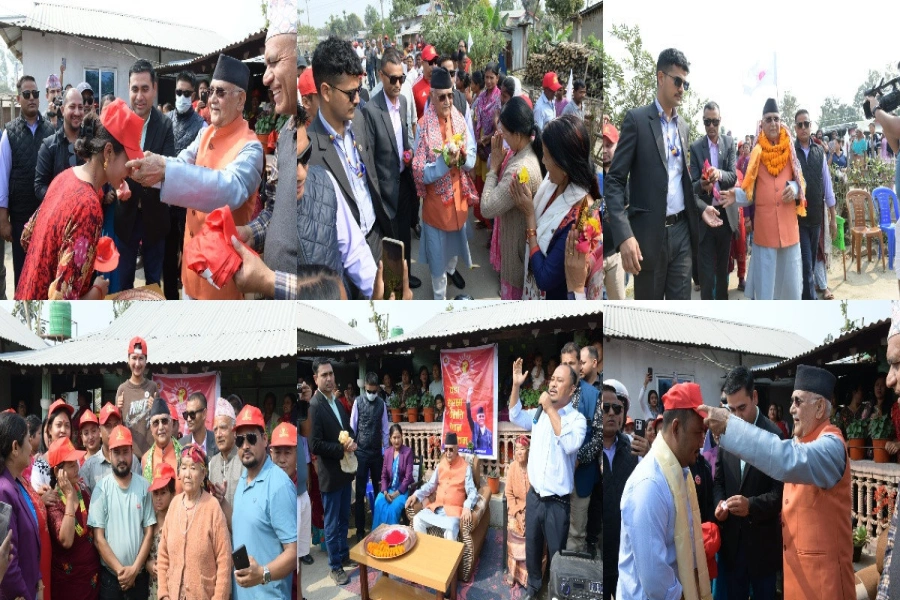Cyrus the Great (600-530 BC), the founder of the first Persian Empire, one of the largest in human history, was a paragon of grit. He relentlessly expanded his empire, which, eventually, sprawled across three continents, all the way from Bulgaria in the west to the Indus valley in the east. In a way, he was also the godfather of modern engineering, his irrigation canals and geometrically-perfect gardens in the empire’s capital of Pasargadae a source of inspiration for many later generations of builders and architects.
I was reading about Cyrus not long after I had finished Angela Duckworth’s bestseller Grit, where the celebrated University of Pennsylvania psychologist discusses the immense power of ‘passion and perseverance’ for success in just about any human endeavor, from something as grand as empire-building to things more prosaically useful such as mastering a new language or playing a musical instrument well. This combo of passion and perseverance that Duckworth calls grit does not come easy. It takes years of meticulous practice and constant feedback, as you constantly improve at what you do, a small step at a time.
Cyrus and later Darius I (550-486 BC) were successful in making Persia the center of human civilization, nearly 2,500 years ago, as they never stopped learning from their mistakes, nor did they ever stop pushing their artisans and engineers to achieve the highest degree of craftsmanship.
It may even be argued that Prithvi Narayan Shah in the 18th century was impelled by the same kind of passion to rule over a big, unified kingdom, and that he was also ready to persevere with his passion through thick and thin. Without grit, he would not have gotten far.
Among our more contemporary leaders, BP Koirala epitomized grit. A committed social democrat, he also had this great passion: to transform the poor and backward Nepali society through carefully tailored government interventions. BP was ahead of his time and his initiatives at radical reforms—for instance taking away lands from big landlords and giving them to the tillers or his pitch for social inclusion—greatly alienated the ruling elite, and cost him his job as prime minister after only nine months in office.
Koirala also had the tenacity to keep emphasizing that, as much as some of his party colleagues hated monarchy, in the long run the country would be best served by “national reconciliation” between the king and the political parties. Firm in his political beliefs, and driven by a larger vision, Koirala was not afraid to be politically incorrect. What better paragon of passion and perseverance could there be?
To take this argument forward, it could even be argued the reason for the current political and constitutional mess is the paucity of gritty political leaders in Nepal. As Koirala was removed from power after only nine months, he never had a chance to do much. Given his gritty nature, including his brave fight against cancer in his later life, he would have perhaps done a lot had he been allowed to serve out his full term as prime minister.
Today’s leaders are clearly grit-deficient. Big projects are started, but seldom do our planners and policymakers have the fortitude to see them through. The Siddharth Gautam international airport is not even half complete with less than nine months to go for the end of its (repeatedly extended) deadline. Work on Pokhara regional international airport, the foundation stone of which was laid 15 months ago, started only on August 2. Arun III has long been in limbo, as has the Pancheshwar irrigation and power project.
Inaugurating a new project is far more glamorous than seeing it to completion. If our political leaders cannot look beyond how to get to power and stay there, at any cost, they are unlikely to be bothered about the painstaking task of seeing these projects, all crucial for national development, to completion.
Thus it may not be a bad idea to administer to all aspirants of high office in Nepal a version of the Grid Scale Duckworth uses to measure grit. If grit were made the sole basis to judge our policymakers, they would be judged on their ability to complete projects on time, and not on their lofty promises.
Why not! Our top bureaucrats and elected representatives are the most important people in Nepal, with enormous responsibilities. It is in our national interest to make sure that they are gritty. If they are not, they can be taught to be grittier. As Duckworth argues in the book, you are never too old to learn grit.
We are not looking for another Cyrus. If each of our elected politicians and top-level bureaucrats can be made to follow through on a single-big project, that should be enough to ensure that Nepal meets its target of graduating to the status of a ‘developing country’ by 2022. Now that would be one gritty achievement.
Belgium show grit and discipline to beat Portugal at own game

The writer is the op-ed editor at Republica. He can be contacted at biswas.baral@gmail.com







































